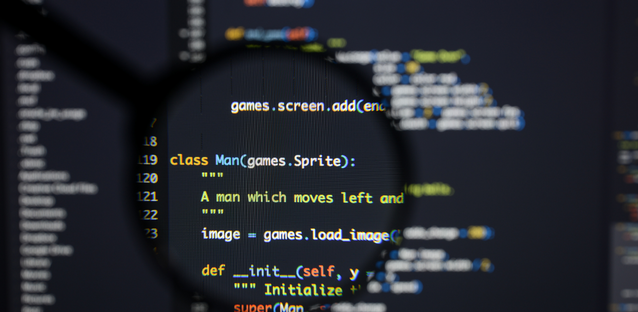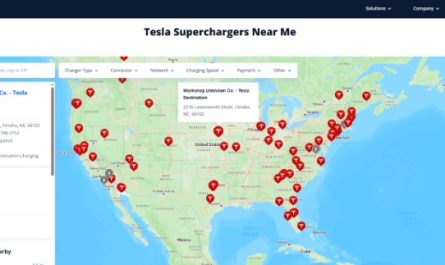Ways to perform web scraping with Python for different purposes.
Web scraping with Python involves using Python programming to extract data from websites. Python supports diverse libraries and frameworks, which is a convenient way to scrape data from websites.
- Import the necessary libraries: The first step is to import the libraries you will use for web scraping. Then, use the pip installer to install any library you don’t have. This will help you from keeping all resources to accomplish the process effectively.
- Analyze the website: Before you start web scraping, it’s a priority to analyze the website and understand its structure. Identify the elements you want to scrape, such as HTML tags, class names, and other attributes. Be specific in what you choose and want the elements in your scraping data.
- Send an HTTP request to the URL: Use the Requests library to send an HTTP request to the website URL you want to scrape.
- Access the HTML content of the website: As soon as the request has been sent and received, you can access the HTML content of the website using the ‘content’ attribute of the response object.
- Parse the HTML content: Now, you will need a library to parse the HTML content. The Beautiful Soup library will help you to parse the HTML content and extract the required information.
- Beautiful Soup is a Python library specifically designed for web scraping. It allows you to parse HTML and XML documents, and it can be used to extract data from HTML tags, attributes, and text.
- Extracting the necessary information: After parsing the HTML content, you can use Beautiful Soup to extract the required information. You may also use other methods provided by Beautiful Soup to search for specific tags or attributes and extract the data you need.
- Store the extracted data: When you receive the extracted data, you can store it in a file or database, depending on your requirements. You can also use Python libraries such as Pandas to store the data in a structured format, such as CSV or Excel.
- Clean and process the data: Ultimately, you can clean and process the extracted data to remove any unwanted characters, spaces, or other formatting issues. Depending on your requirements, you may also perform data analysis or visualization on the extracted data.
- These are the practical steps involved in web scraping with Python. However, it’s important to note that web scraping is a complex process that requires a good understanding of HTML, CSS, JavaScript, and web scraping libraries and techniques.
Is API better than web scraping?
Whether an API is better than web scraping or not primarily relies on its particular use and requirements.
- Data accuracy: APIs are usually more accurate than web scraping since they are directly provided by the website or service provider. On the other hand, web scraping is prone to errors and inaccuracies due to changes in website layouts or anti-scraping measures.
- Data availability: APIs provide access to specific data endpoints the website or service offers. Web scraping may be the only option if the required data is unavailable through the API.
- Ease of use: APIs are typically easier to use since they provide a structured and documented way to access data. Web scraping requires more technical knowledge and may require custom scripts or tools.
APIs are generally more accurate, easier to use, and legally compliant. However, web scraping may be the only option if the required data is not available through an API.
Can I scrap the javascript-generated content with Python?
Yes, it is possible to scrape JavaScript-generated content with Python. There are various libraries available in Python that can help you to scrape dynamic content generated by JavaScript.
One such popular library is Selenium. It’s a robust web testing framework that provides a way to automate web browsers. It can interact with web elements and simulate user actions, which can be helpful when scraping JavaScript-generated content.
Other libraries are available, like BeautifulSoup, Scrapy, and Requests-HTML, that can also be used to scrape JavaScript-generated content.
To scrape JavaScript-generated content using Python, you must first identify the JavaScript content on the web page and then use a library like Selenium to simulate user actions and extract the data. This process can be complex and may require a significant amount of code and effort.
Do I need VPN for web scraping?
Using a VPN for web scraping is recommended but not always necessary. It can help you avoid getting blocked by hiding your IP address and making it appear like you are accessing the website from a different location.
Hence, a VPN may be unnecessary if you are not scraping large amounts of data. It’s worth checking that some websites explicitly prohibit using VPNs for accessing their content. Some people prefer to use an email scraper instead of performing operations manually. In that case, VPN may also be needed to accomplish the task.
What browser is best for web scraping?
There isn’t a single “best” browser for web scraping, as it depends on the specific task you are trying to accomplish. Although the following is the best popular option, you can choose for tasks.
- Google Chrome: Chrome is widely used by web scrapers because it has a large market share and a variety of extensions and tools available that can aid in web scraping.
- Mozilla Firefox: Firefox is another popular browser for web scraping as it has many of the same features and extensions as Chrome and may be less likely to trigger anti-scraping measures, just like using an email scraper
- Headless browsers: Headless browsers like PhantomJS or Selenium can also be used for web scraping. They can run in the background without a visible browser window, which can help avoid detection and blockage. Ultimately, the browser choice will depend on your web scraping project’s specific needs and requirements.
Is SQL necessary for web scraping?
SQL (Structured Query Language) is not necessary for web scraping but may be beneficial in storing and managing the data that has been scraped.
SQL is a language used to communicate with databases, and if you plan to store large amounts of data collected from web scraping, it may be useful to use SQL to organize and query that data. Nevertheless, it’s important to note that web scraping itself can be done without any knowledge of SQL.

